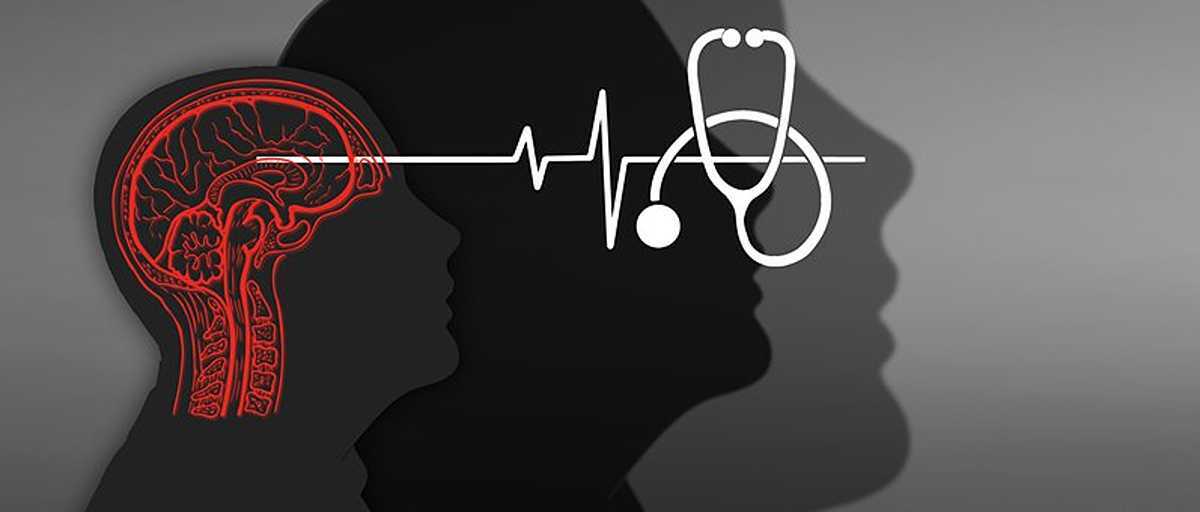What is Mental Health?


Mental health is a concept that encompasses our psychological, emotional, and social well-being. It affects our ability to perceive, think, and act. It determines how we respond to stress and the way we make decisions. Those who are unhappy with their mental health may experience various problems.
Psychosocial well-being
Psychosocial well-being encompasses various factors influencing a person’s mental and emotional health. These factors include the environment and people around them. Psychosocial well-being is also important in understanding the relationships between individuals. For example, it has been found that individuals with high psychosocial well-being have fewer problems such as depression and anxiety.
Although there is some evidence that mental illness is on the rise in advanced western societies, other research suggests that overall mental well-being is improving. This article looks at some of the evidence for this claim and some counter-evidence. Moreover, it considers the differing definitions and measurement systems used to assess mental illness and mental health.
Generally, those with high psychological well-being have fewer physical health problems and are less likely to engage in criminal activity or use drugs. They are also more likely to volunteer, contribute to their community, and have adequate food and shelter. This is all beneficial for a person’s emotional and mental health.
Emotional well-being
The National Center for Emotional Wellness defines emotional wellness as “awareness, understanding, and effective management of the feelings associated with life changes.” Uncomfortable emotions and overwhelming thoughts can impair our ability to function and feel healthy. By increasing our awareness of our feelings, we can minimize the impact of these emotions on our daily lives.
Meditation is a great tool to increase awareness of your emotions. It helps you identify negative thoughts and replace them with more positive ones. Meditation can also help you set goals and celebrate your accomplishments. These strategies improve self-esteem and lower stress. They can help you achieve your goals in life. So, it may be time to try meditation or mindfulness if you’re experiencing anxiety, depression, or stress.
Emotional well-being is closely connected to physical health. People with chronic negative emotions often suffer from physical problems. These illnesses do not result from negative feelings; they develop from an inability to regulate emotions. People who drink or smoke to relieve stress may experience an increased risk of heart disease or cancer.
Resilience
In a recent study, we investigated the relationships between mental health status and resilience in college students in China. We used the resilience score, DASS, and PMHS to assess mental health status. A cross-lagged panel model examined the bidirectional predictor relationship between resilience and mental health status.
The burden of caring for a loved one can be a great source of stress and can affect the caregiver’s mental health and well-being. A recent study published in the American Journal of Hospice and Palliative Medicine found that caregivers who felt supported by other people were more likely to be resilient than those who did not. The study also found that social support was an important moderator of caregiver resilience, provided by friends, family, physicians, social workers, and other caregivers. It’s also important to recognize and acknowledge that these support systems can empower and help the caregiver deal with adversity.
While there are several ways to foster resilience in young people, we can’t ignore the role of early childhood experiences. Positive experiences and a secure attachment with a primary caregiver are crucial in building resilience. Adverse early childhood experiences, such as losing a parent or a divorce, can negatively impact resilience. Children and youth who experience adversity are at greater risk of developing poor mental health.
Treatment options
Many treatment options are available for people suffering from mental health conditions. These treatments can help people cope with difficult circumstances, improve their mood, and improve their overall quality of life. They are also beneficial for individuals who have experienced traumatic events. However, not all treatments work for every person. If you’re interested in trying a new treatment, research it thoroughly.
Medications are one of the most common treatment options for mental illness and are most effective when combined with talk therapy. These drugs work by restoring a chemical balance in the brain. Antidepressants, for example, can help patients deal with depression, anxiety, and social anxiety. There are also antipsychotic drugs, which can be used to treat patients with serious mental illnesses.
Mood stabilizers are often prescribed to treat bipolar disorder. They help balance mood and prevent emotional episodes, such as mania. Antipsychotic drugs are typically prescribed for psychotic conditions but can also treat depression and bipolar disorders. Psychotherapy involves speaking to a mental health professional about the causes of your condition and developing coping strategies to deal with it.
Recent Posts
The Humanizer: Restoring the Human Touch in a Digital World
In today’s fast-paced, tech-driven society, digital communication and automation dominate how we interact, work, and…
Tips for Success in QQDewa Gaming
Hey there, gamer! If you're diving into the world of QQDewa gaming and looking for…
Legal Considerations for IPTV in France
Before diving into the legalities, it's essential to grasp what IPTV entails. Unlike conventional cable…
Common Online Casino Myths Debunked
The world would be a strange place without online casinos to keep us consistently entertained.…
Katherine McCann: A Pioneer in Medical Tattoos
Katherine McCann stands out as a trailblazer in the specialized field of medical tattoos. As…
The Rise of Alexistogel Lottery Popularity
In the vast world of gambling and gaming, lotteries have always held a special place.…


